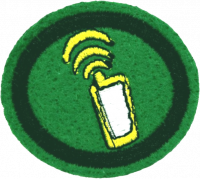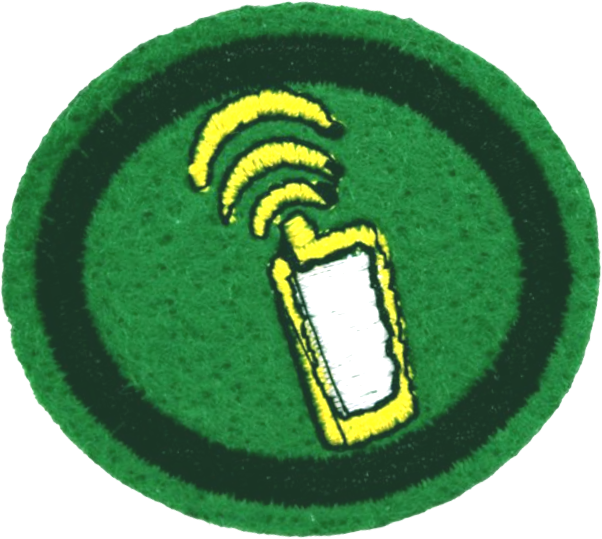Difference between revisions of "AY Honors/Orienteering with GPS/Requirements/en"
(Updating to match new version of source page) |
(Updating to match new version of source page) |
||
| Line 89: | Line 89: | ||
<noinclude></noinclude><section end=req14 /></b> | <noinclude></noinclude><section end=req14 /></b> | ||
<section end=Body /> | <section end=Body /> | ||
| − | |||
| − | |||
| − | |||
| − | |||
Latest revision as of 02:49, 22 July 2022
Skill Level
2
Year
2012
Version
05.02.2026
Approval authority
South American Division
1. Have the Orienteering honor.
2. What do the acronyms GPS and DGPS stand for?
3. Know the history of the emergence of GPS and describe it briefly.
4. What are the factors that can interfere with a GPS signal?
5. What is the margin of error for GPS?
6. What is the purpose of a GPS receiver? What types of GPS receivers currently exist? Describe the usefulness of each one.
7. Know how to appropriately handle a GPS. What is the care we should use when handling it?
8. What are the applications of a GPS receiver and what are its limitations?
9. Use a file transfer software and connect it correctly to the GPS.
10. Install maps in the GPS and in the map transfer software.
11. What are the types of maps that we can use in a GPS? Give examples.
12. Demonstrate your ability to:
- a. Turn on a GPS
- b. Find a point in the GPS
- c. Enter a point in the GPS
- d. Calculate a route
- e. Enter a marked trail
- f. Walk a trail and map it out
- g. Transfer maps and data from the GPS
- h. Transfer maps and data to the GPS
- i. Select maps to be used
13. Follow a trail that you have not walked, at least 15 km and map out the path. Do the following:
- a. Mark at least ten important points or of interest in this trail in your GPS.
- b. Make a field report that contains:
- i. A printed copy of the map
- ii. A route of the trail
- iii. Notes and coordinates of the marked points
14. Make a comparison between the signal sent to the GPS device and the omniscience of God acting on a person. What spiritual lessons can you draw from this?



